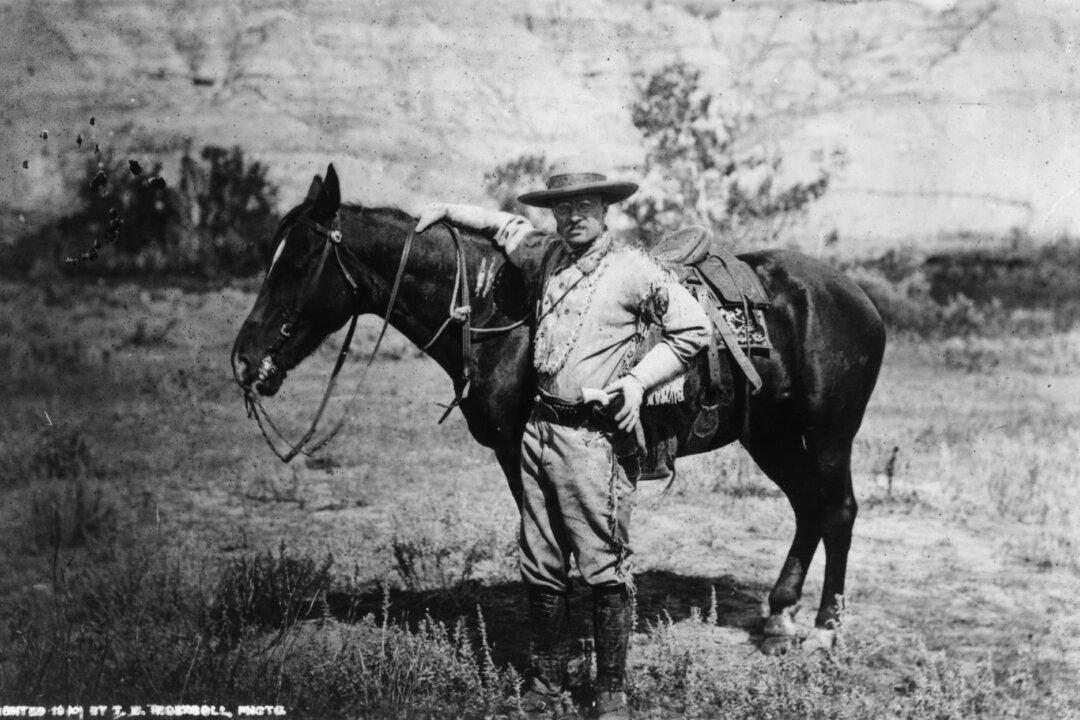How to interpret the proverb “A rolling stone gathers no moss” is, intriguingly, not a one-size-fits-all proposition. Over the generations, it has come to take on an entirely different meaning.
When you look at this saying, and it’s one most of us have heard of, do you think it’s recommending we be the rolling stone or not? In recent generations—and actually, even since the late 1950s, according to one study—people have come to think that it’s desirable to be that rolling stone and to thus not gather moss.





